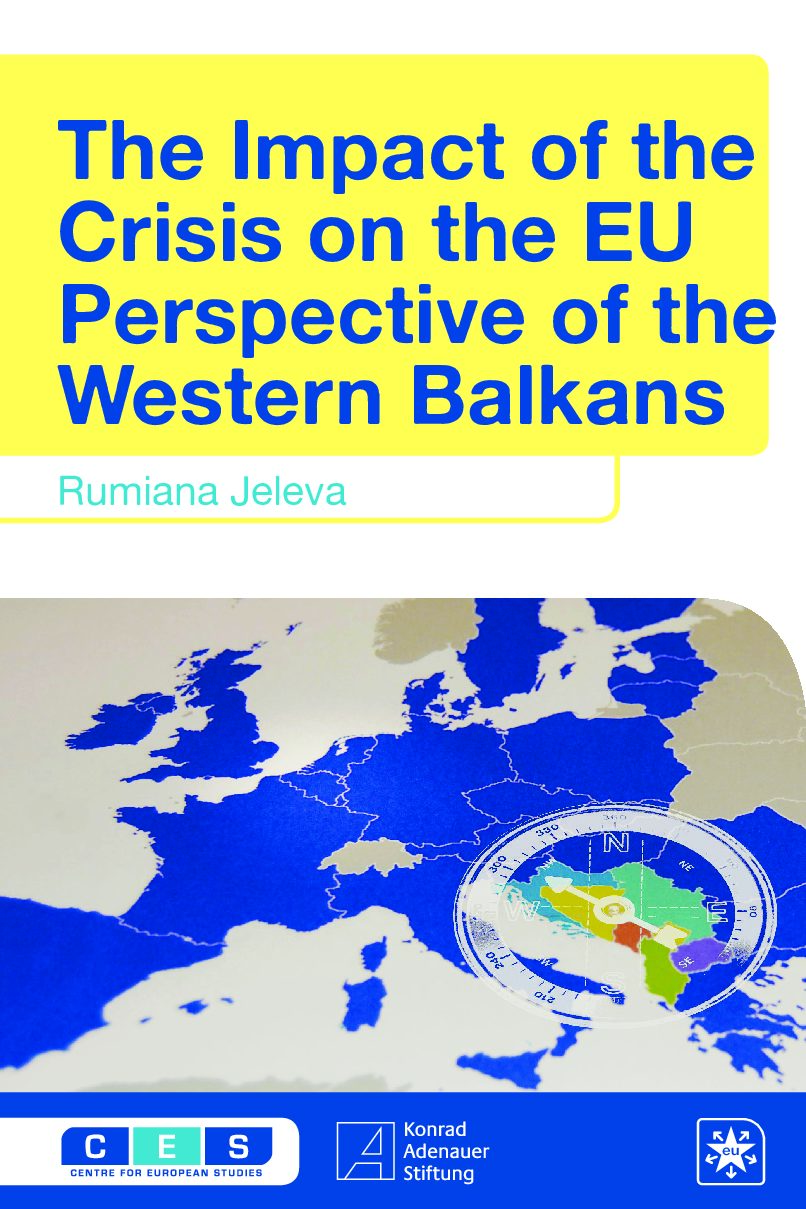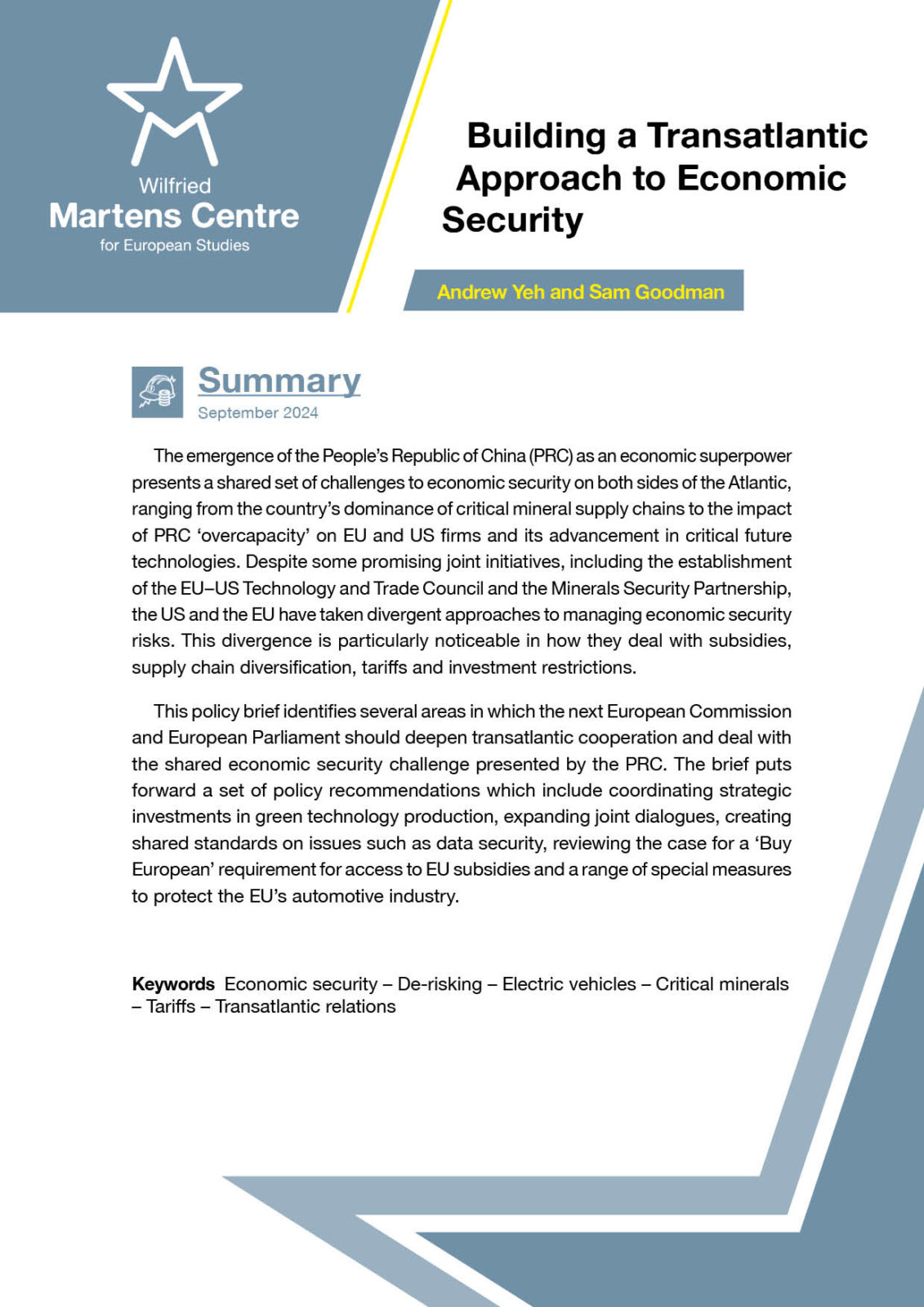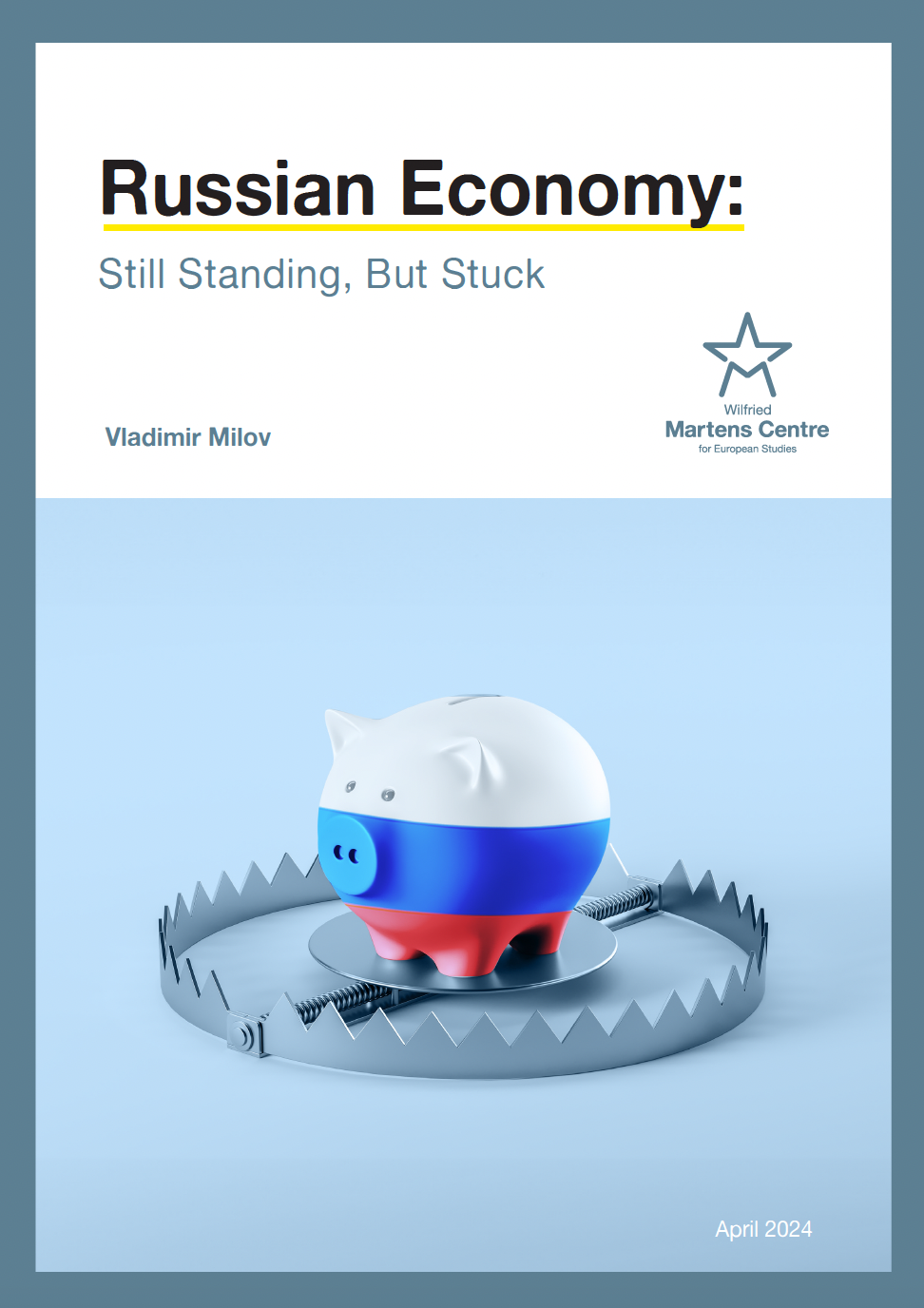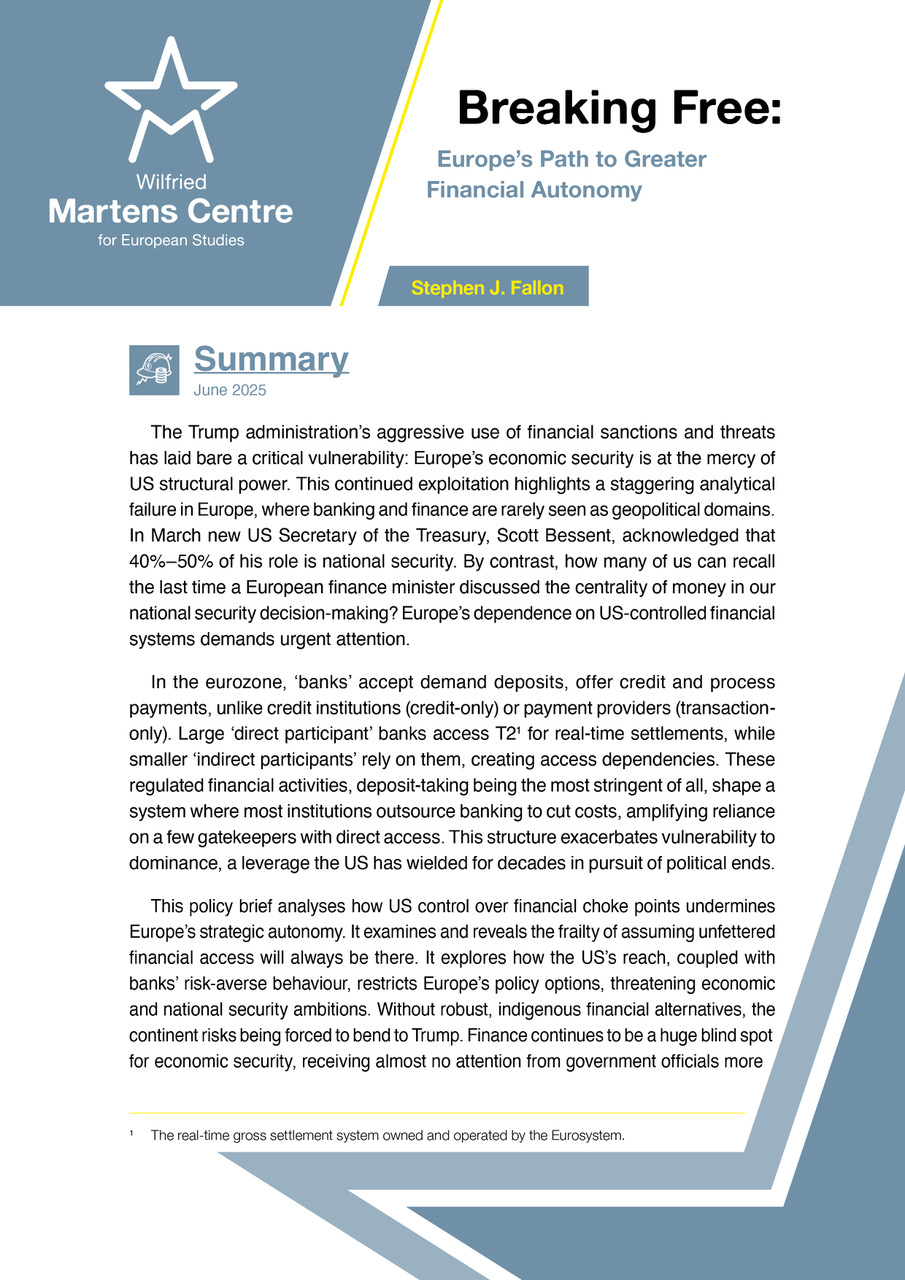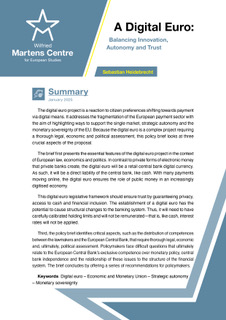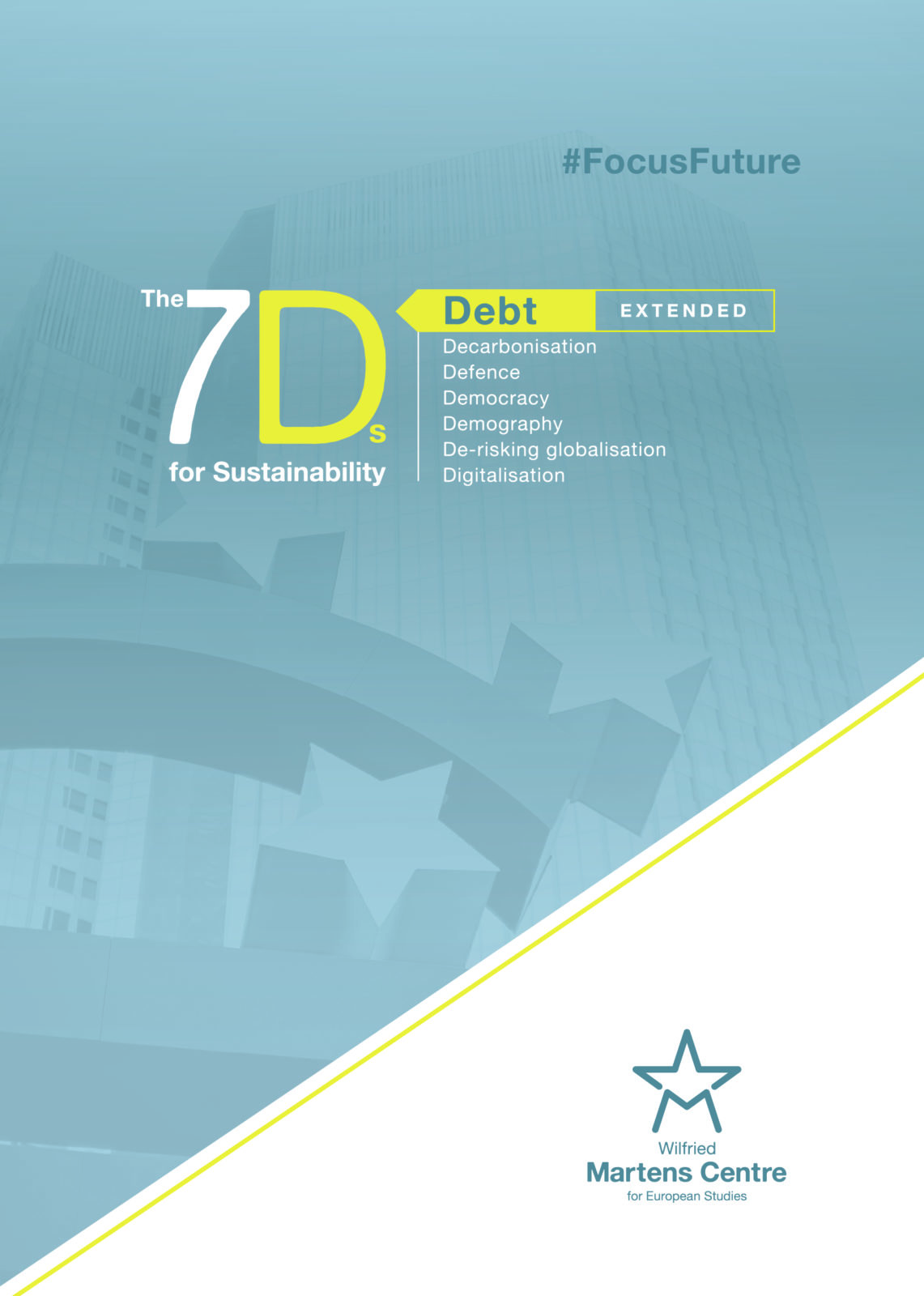The Impact of the Crisis on the EU Perspective of the Western Balkans
28 November 2012
Like elsewhere in Europe, the crisis has affected economic developments in the Western Balkans, from Croatia in the north to Albania in the south. The countries in the region face difficulties such as high unemployment, decreased availability of bank credit and reduced trade. Furthermore, the inability of their political institutions to deal immediately with these economic challenges has reinforced the negative effects of the crisis. What does this mean for the Western Balkans’ accession to and integration within the EU? This paper by Rumiana Jeleva shows that improving the economic situation is an essential precondition for public support for EU integration. At the same time it argues that the pro-European orientation of the Western Balkans ensures that they will continue to look towards the EU, rather than to the US or Russia. This is demonstrated by the fact that they are not merely taking measures to recover from the crisis: they are taking measures that are aligned with European regulations. The Western Balkan countries may have a long way to go to become EU members, but they have proven their commitment to a future within the EU by their pro-European solutions to the crisis. This makes it all the more important for the EU, even in this time of crisis, to continue to support the accession process and bring the Western Balkans closer to the EU.
ENJOYING THIS CONTENT?


